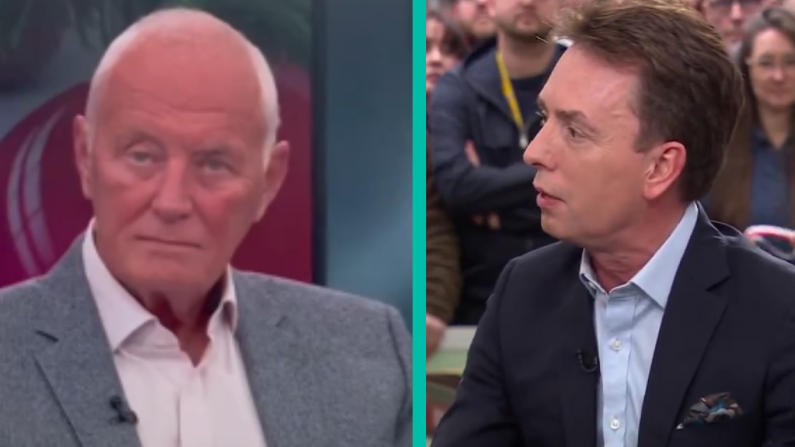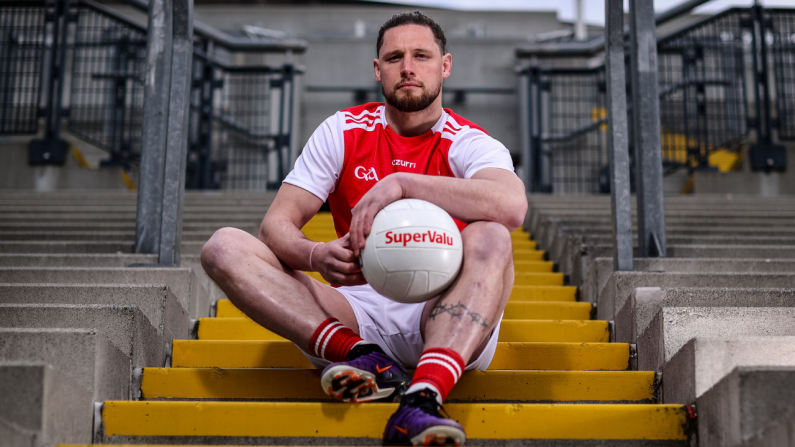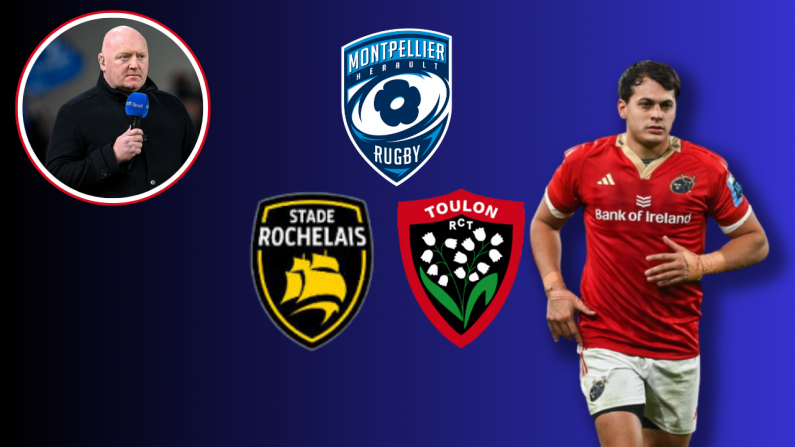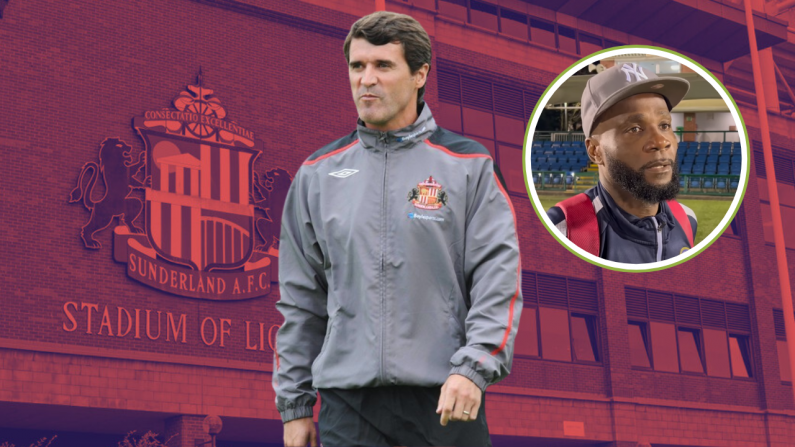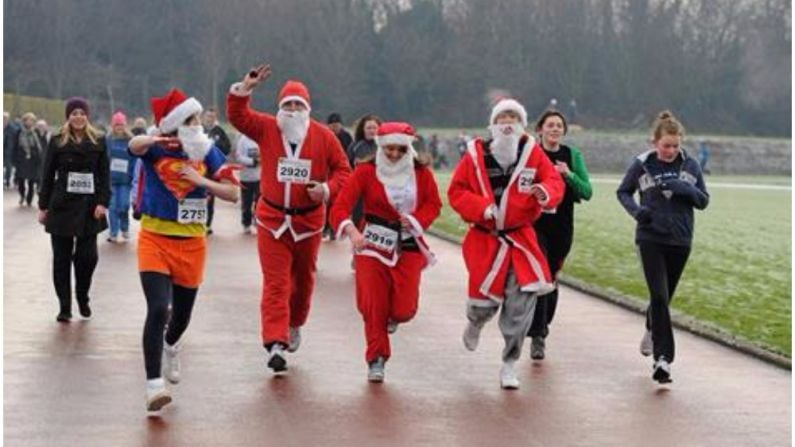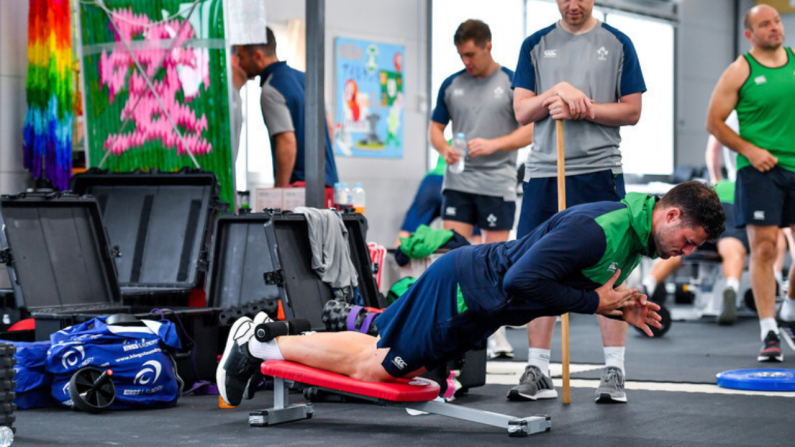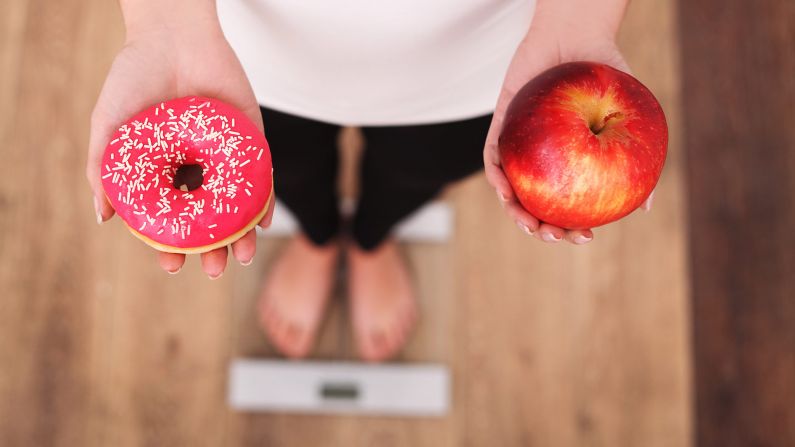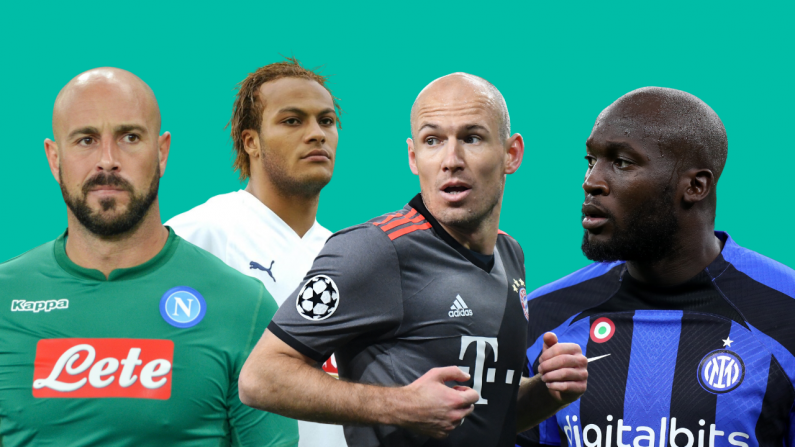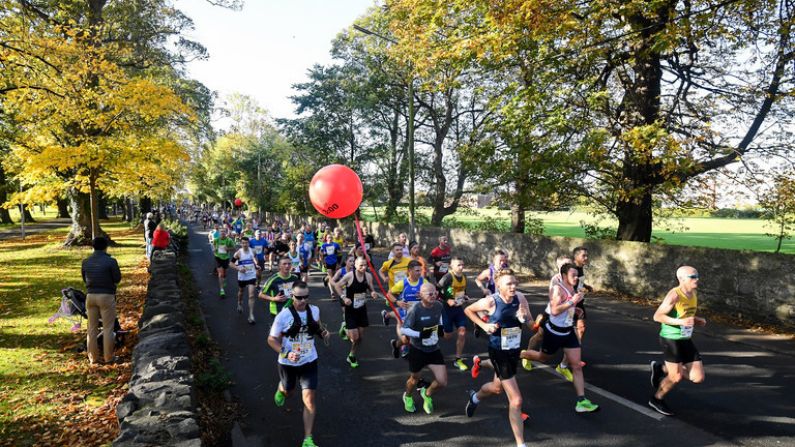The general consensus is that the current Irish side were the best prepared team we've ever sent to a World Cup. While we may have bowed out in the quarter-final, two successive Six Nations titles is no mean feat.
Reassuringly, the 2015 team are given nothing but the finest nutritional and dietary advice. The experts are advising them at every turn.
The IRFU has laid out the training diets that all players should adhere to. The emphasis is on 'balance'.
- wholegrain bread, breakfast cereals (oatmeal), rice and pasta
- fruit and vegetables
- milk and milk products, such as whole milk, skim milk, yoghurt and cheese
- meat and alternatives, eg. lean meat, fish, poultry, nuts, beans, eggs
- Butter, margarine, cooking oils, cream and salad dressings (use sparingly when trying to lose weight).
The pre-game meal should consist of a light carbohydrate snack eaten some 2-3 hours before kick off. They have drawn up a list of acceptable pre-game snacks.
- Thick vegetable soup with bread roll
- Jacket potato with cottage cheese, tuna, baked beans, sweetcorn or chilli con carne · Sandwiches made with thick bread filled with low fat cheese, chicken, salad, honey/jam or banana
- Toast with tinned spaghetti in tomato sauce or beans
- Pitta bread with tuna and sweetcorn, salad, meat
- Scones or muffins or fruit cake
- Milk puddings
- Breakfast cereals with fruit
- Fruit yoghurts
As for alcohol, the IRFU's guidelines do not establish a required minimum level for alcohol consumption. No one will be upbraided for choosing not to drink. The best they can say about alcohol is that consuming it was 'long believed to be vital to team spirit and camaraderie' and that it 'can be an enjoyable part of social life' provided it's taken in moderation.
How different it was during the amateur era. Like all other serious rugby nations (with the exception of South Africa), Ireland participated in three World Cups in the amateur era, in 1987, 1991 and 1995.
The first World Cup was played in New Zealand in 1987. The IRFU were opposed to the establishment of the Rugby World Cup, believing it would somehow facilitate the ushering in of professionalism.
This ambivalence about the whole concept fed into the Irish team's preparations. They decided to sabotage their own team. Therefore, the Irish were forbidden from training because it would look like they were taking the thing too seriously. Donal Lenihan recalled how they organised unsupervised scrummaging sessions against Lansdowne before heading out.
As the bemused players stood to attention for Ireland's stirring new anthem (The Rose of Tralee), their bodies were hardly primed for action.
While the current Irish team are staying in the Celtic Manor Resort, a five star luxury hotel, the boys of '87 were holed up in a slightly more humble two star Travelodge in Dunedin.
Neil Francis has written about the cuisine that was laid on.
The food had been so bad that my ribs had begun to show - not good at a time when bulk or ballast of any kind was considered advantageous. The restaurant in the hotel was in a time capsule. I've never been to a 1960s civil service canteen but this is what it smelled like. Henry Ford came to mind - you could have anything you liked so long as it was lamb stew. I took three mouthfuls and gagged, then ate nine or ten pieces of bread and butter and was just getting up to go when Syd Millar, who was so impressed by the quantity of bread and butter I had eaten, insisted I had lamb stew seconds.
Francis recalled how salvation arrived in the form of a nearby KFC. For the next three days, Francis would go on a clandestine late night jaunt as far as the nearest Kentucky Fried Chicken shop. On the third night, the lady behind the counter asked him whether he was part of a basketball team. Confused by the question, he turned around to see half the team, bedecked in their Irish team tracksuits, tucking into a family bucket.
Franno said it would be nine years before a nutritionist came knocking on his door. A year previously, he had played in his final World Cup. Armed with a new anthem, the last ever amateur Irish team to participate in a World Cup headed for South Africa in 1995. They were certainly less burdened with hype than the current crop. A win in Cardiff in the final Five Nations game had spared them another whack of the wooden spoon, and they had just become the first of the 'Top 8 Nations' (the southern hemisphere trio and the original Five Nations in the north) to lose a match to Italy.
Ireland winger Niall Woods, who didn't make the World Cup squad that year, but did play frequently for the Irish team around that time, remembers the mid-1990s as a relatively progressive time in the area of pre-game nutrition.
In 1994, it (more professional diet) was kind of starting. You'd have your pasta and all that. I would have mainly had chicken on brown and white bread and a carbohydrate drink which the fitness coach, who was a teacher in Blackrock, would have had us drinking.
It wasn't as severe as it's become. Obviously, there was butter or mayonnaise on sandwiches, which most of the fellas wouldn't eat, certainly on the day of a game.
But Stringer used to have a steak on the game. I think he still does. So, there's still some guys have old fashioned ways...
With the arrival of professionalism in late 1995, the IRFU set their stall out with the pre-training meals. The brave new world demanded a healthy, no-frills option.
Even in '96, I can remember going to the Castletroy park hotel in Limerick for squad sessions and it was boiled chicken. No sauce. It was sort of over the top because all of a sudden it was pro rugby. You're a pro athlete so you can't eat anything you want. You found fellas weren't eating the stuff and probably gorging on something else later.
Woods says the primary difference between the early days of professionalism and the current era is that the diets weren't tailored for the individual - 'everyone was getting boiled chicken'.
And the development tour of 1997 showed the old ways hadn't been left behind altogether.
I remember on a trip in 97, it was a development tour to New Zealand, and Pat Whelan was the manager and someone was caught in 'Hungry Jacks', which is Burger King (that's what it's called out there), and we got a lecture saying that 'You wouldn't catch any of the All-Blacks in there'. It was red rag to a bull (laughter).
Every time we travelled, every three or four days we'd head to another town, and it was always in a bus and we'd stop somewhere, and the whole lot of us would pile into 'Hungry Jacks' or McDonalds or KFC, whatever was there. But it wasn't before a game, certainly.
Woods concedes that the drinking culture was different then to what it is now. There isn't the same culture of hitting the town after every match.
It's different nowadays. They'd probably go out once a month, or once every six weeks. We would have gone out after every game. That's the way it was.
The boys probably went back and had a few beers in the team hotel on Sunday, but it was probably three or four Heineken.
We've come a long way.


